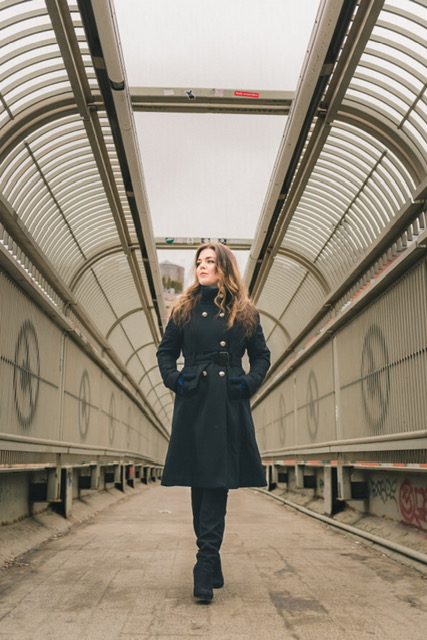We caught up with the brilliant and insightful Joenne Dumitrascu a few weeks ago and have shared our conversation below.
Joenne , so good to have you with us today. We’ve always been impressed with folks who have a very clear sense of purpose and so maybe we can jump right in and talk about how you found your purpose?
About ten years ago, I was living in Boston, performing a lot while attending grad school. My journey up to that point had been focused on playing – lots of training, auditions, competitions, etc. One day, right after returned from an extended period in Europe, I had a game-changing conversation with one of my mentors. It started off with what I call the the ‘Million-Dollar Question’ (alluding to my favorite game show growing up):
“What’s your legacy going to be?”
The concept had never crossed my mind. I had figured that I’d keep performing (whether orchestra or chamber or solo) and go from there. I loved what I was doing, but until that point, I had looked at music from the perspective of a performer. My POV was from the stage looking at an audience of music patrons. I had never looked past the bright lights, the gilded doors, and the black ties. (On top of it, I knew it’d be a grueling schedule trying to stay strictly performance-focused for the rest of my career.) So, my musical journey from that point became less about me and more about what I can do with music beyond the stage.
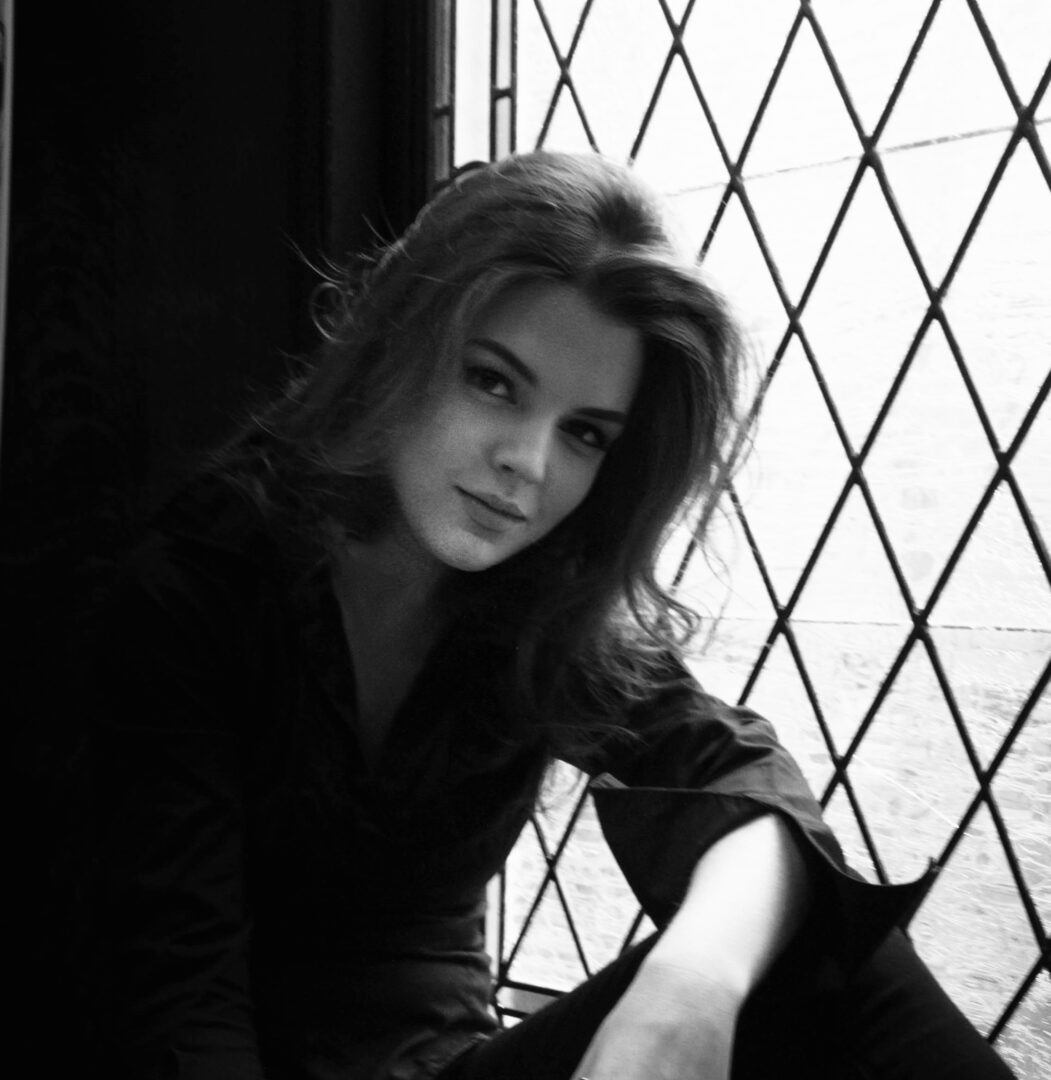
Great, so let’s take a few minutes and cover your story. What should folks know about you and what you do?
I trained as a classical musician from a young age, I started playing violin and piano as a kid, and trained through the Royal Conservatory of Music’s pre-college programs. I went through the academic system, starting with an undergrad from the RCM, then attended Berklee College in Boston for grad school. In between I also attended other short-term programs. I always say that there is no such thing as learning too much. I went on and obtained my Doctor of Musical Arts degree from S.U.N.Y. Stony Brook outside of NYC. I’ve continued performing and recording, but have focused equally on teaching, and allotted time for community engagement through various projects.

Looking back, what do you think were the three qualities, skills, or areas of knowledge that were most impactful in your journey? What advice do you have for folks who are early in their journey in terms of how they can best develop or improve on these?
Perseverance.
“Iron is forged through fire, and diamonds are made under pressure.”
This industry is notorious for the amount of rejection we face as artists – auditions, pitches, project proposals, you name it. At the end of the day, it’s important that you understand you’re not going to be everyone’s cup of tea. Notice how I didn’t name ‘(mental) strength’ as a skill. We’re all shaped by our life, and in this case, career experiences. This will always have a major effect on our mental health. What you take from these experiences and how you proceed forward is what will mentally strengthen you. Rejection in this industry doesn’t mean you’re not good enough. It just means you’re not in the right place at the right time. And that’s ok. Maybe there’s a lesson to be learned from the experience, or maybe it’s just there to teach you to hold your head high and push forward. Either way, be curious enough to keep learning – this will open you up to accepting criticism. Criticism is not always bad, sometimes it’s the wakeup call we need to change something that’s not working/working against us.
Curiosity.
“Knowledge is power.”
Curiosity is a fundamental soft skill that drives motivation and fosters empathy. It fuels growth, and in this ever-evolving industry, as artists we have to be able to learn and adapt on a whim. Be curious about all facets of the industry even if you’re not planning on working in music-affiliated fields.
Be knowledgeable about industry trends and always, always keep your options open. During the Covid-19 pandemic, the artists who survived were the ones who were the most-open minded to temporarily transitioning to other artistic outlets (online concerts, virtual lessons/workshops, setting up remote recording sessions, etc.).
Mindfulness.
Being an artist is a largely collaborative line of work. You work with everyone from fellow artists to production team members to crew to marketing. You’ll be around many different characters and personalities, going through life only as they know how. Being mindful of your interactions with others – being in the moment and accepting everyone for who they are, being less critical of other people – that’ll help you build bridges. It’s helped me connect with so many people, often times only briefly, sometimes long-term, on a deeper level of understanding.
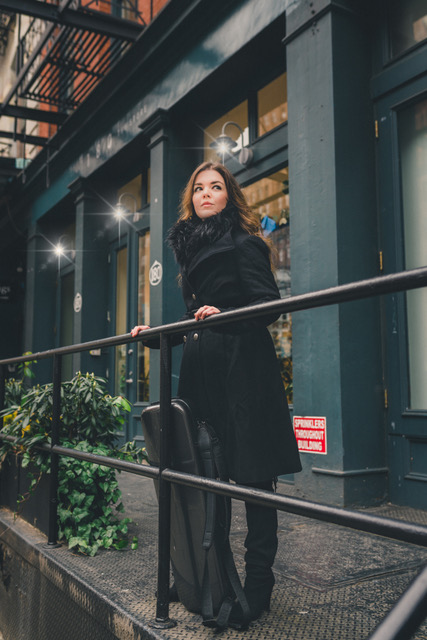
Before we go, maybe you can tell us a bit about your parents and what you feel was the most impactful thing they did for you?
Support. Lots and lots of support. They were my biggest cheerleaders but also the ones that pushed me the hardest, especially at the beginning. I started off, like most classical musicians, at a very young age. I really liked what I was doing, but was oblivious to the amount of work I had to put in at that age to even make it into a good music conservatory after high school. So there was a lot of physical support there (laughs), a lot of pushing me to practice – sometimes it required some creativity, but hey, it worked!
Then there was the mental support. Most performing artists start off as brave little soldiers, walking on their first concert stage around five or six years old, and then at some point sooner or later, have to face stage fright. It usually hits around the age of nine or ten, when you realize that making a mistake will lead to criticism. So having support during that period was extremely helpful, understanding why I needed to practice but also coming to terms that no one’s performance is perfect, and that it’s not the end of the world if you do make a mistake.
Lastly, and this is a tricky one, financial support. Classical music is an expensive endeavor, no doubt about that. It was and still is. It mostly definitely has to do with arts funding, even in countries that do offer support for arts education at the federal level. It’s also expensive in terms of time. You’re always attending workshops, additional summer academies, masterclasses, instrument maintenance, the list goes on. And all this happens well before you’re in college, so you always need to have an adult/guardian with you.
Contact Info:
- Website: https://www.joennedumitrascu.com
- Instagram: https://www.instagram.com/joenne_dumitrascu/
- Facebook: https://www.facebook.com/JoenneDumitrascuOfficialPage
- Linkedin: https://www.linkedin.com/in/joenne-dumitrascu
- Twitter: https://x.com/JDumitrascu
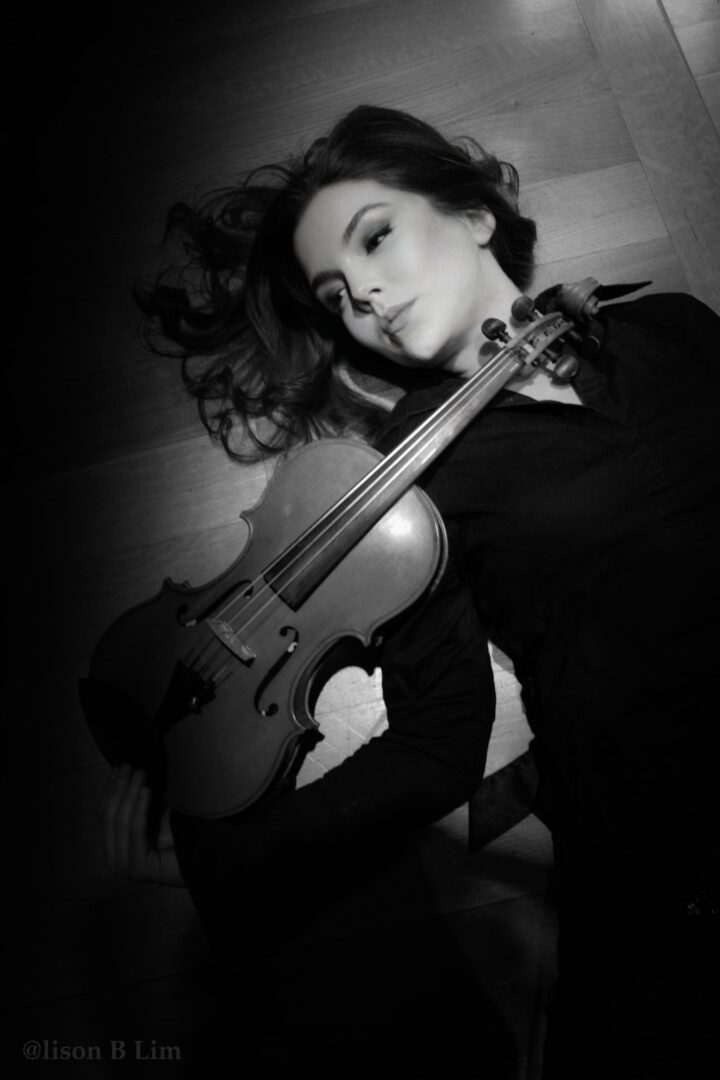
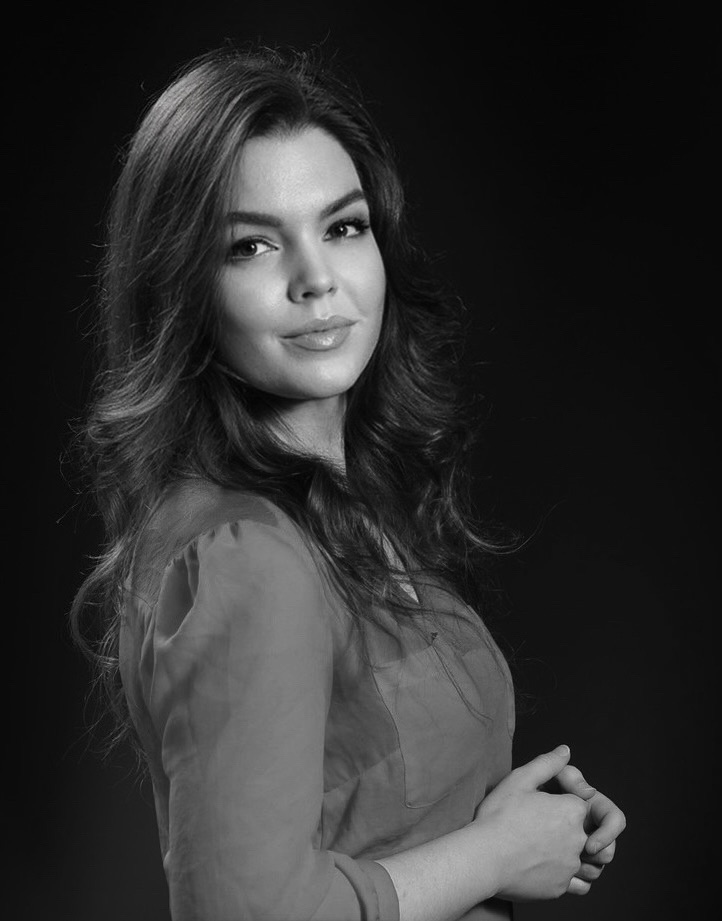
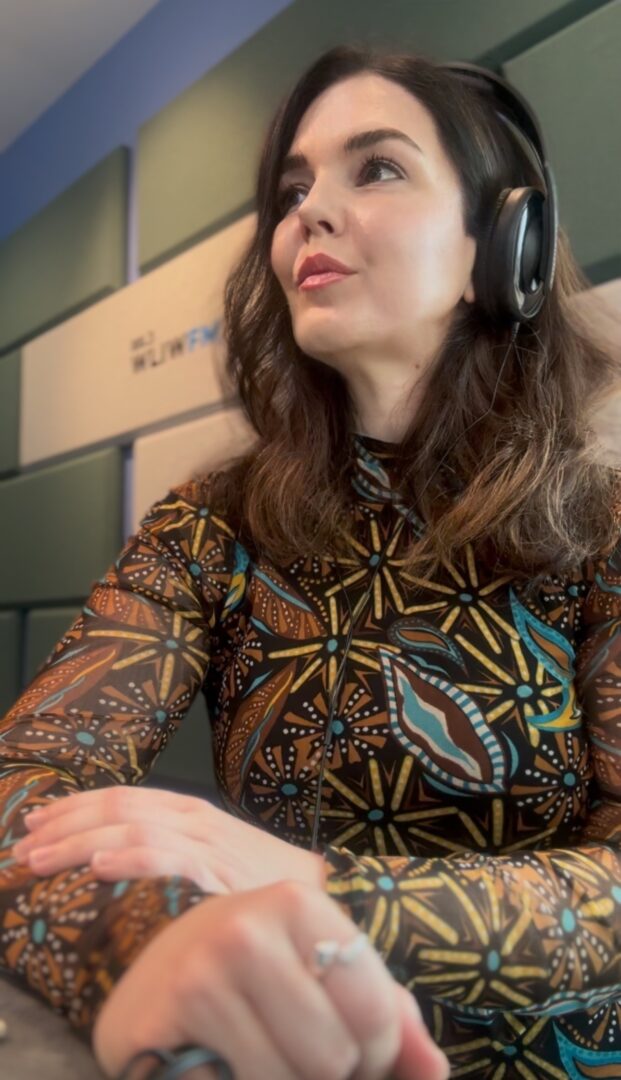
Image Credits
Wagner-Dobler Photography
Pierre Lidar Photography
Alison Lim Photography
Oh Story Photography
so if you or someone you know deserves recognition please let us know here.

